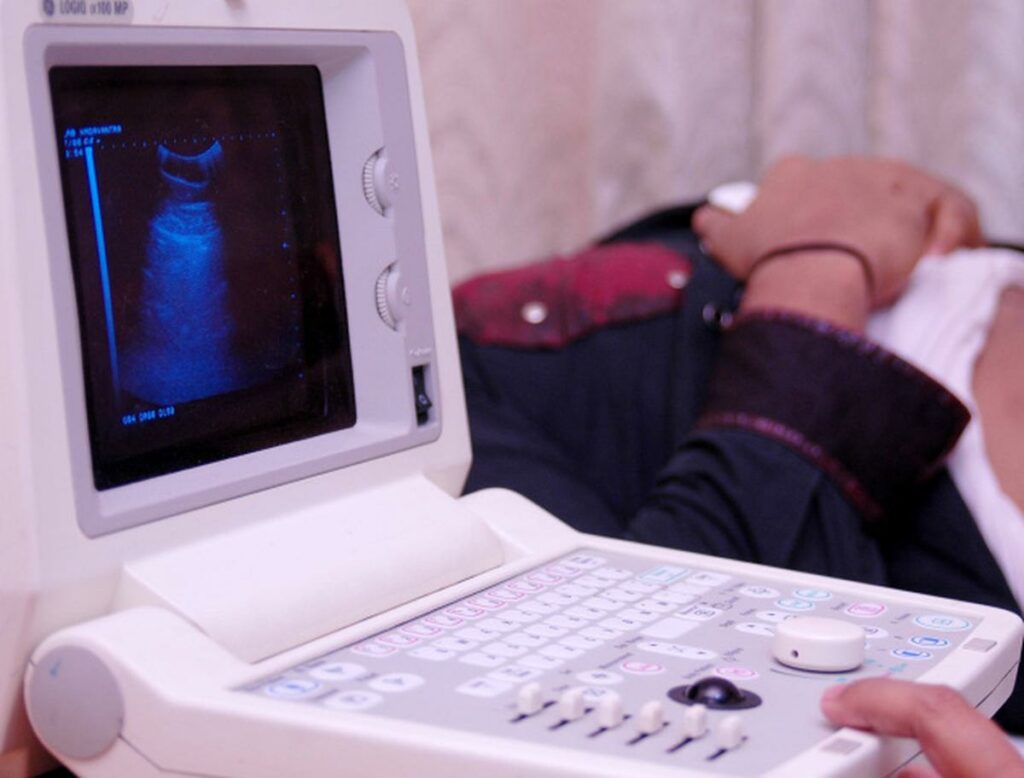All women have equal access to safe and legal abortion. The Supreme Court ruled that there can be no discrimination based on who is married and who is single. Along with that, under the Abortion Act, marital rape will also be considered rape, clearly stated.
The verdict of the 3-member bench headed by Justice D Y. Chandrachud is historic in many ways. Marital rape will now also be considered rape under abortion laws – this pronouncement of the Supreme Court is considered very meaningful. Several petitions have been filed in court to criminalize marital rape. The issue has been debated for a long time. In May, the Delhi High Court delivered a 2-judge dissent in the case.
The matter is now pending in the Supreme Court. The case is likely to come up in February. Earlier on 29th, a bench of Justice Chandrachud, Justice J B Pardiwala, and Justice A. S. Bopanna said that the exclusion of marital rape from the definition of rape was a ‘legislative fiction’.

In other words, it remains to be seen whether marital rape will fall into the category of a criminal offense. But there is no doubt that marital rape is rape. At least all rapes are one under India’s Abortion Act since the last 29th. So any woman—abused by her husband or by others—is going to have equal rights to an abortion if she becomes pregnant unwantedly as a result of sexual abuse. And it is no longer necessary to submit legal proof of rape in advance to get an abortion.
A revolutionary decision
Similarly, equality has been established in the elimination of disparity in rights between married and unmarried women. India’s abortion laws set a time limit of up to 24 weeks of pregnancy for safe and legal abortion for married women and twenty weeks for unmarried women. An unmarried young woman approached the court seeking permission to have an abortion at 23 weeks of pregnancy. In addressing its problem, the Supreme Court raised the question of why there is a distinction between marriage and celibacy in law.
The judgment on 29th said this distinction is artificial and unconstitutional. Married or single, all women have the right to equal access to safe and legal abortion. At the same time, striking at the root of social policy regarding sexuality and especially women’s rights in sexuality, the Supreme Court declared that laws cannot be made based on such a narrow patriarchal concept of what is ‘permissible sex’ and what is not.
It may be recalled that the US Supreme Court ruled against abortion rights in June, sparking global controversy. There, the Supreme Court of India said in unequivocal terms that women’s rights over women’s bodies are final. She is the only one who has the right to make the final decision on whether to have an abortion.
Supreme Court verdict
• Married or single, all women have the right to safe and legal abortion.
• Marital rape must also be considered rape in the context of abortion laws.
